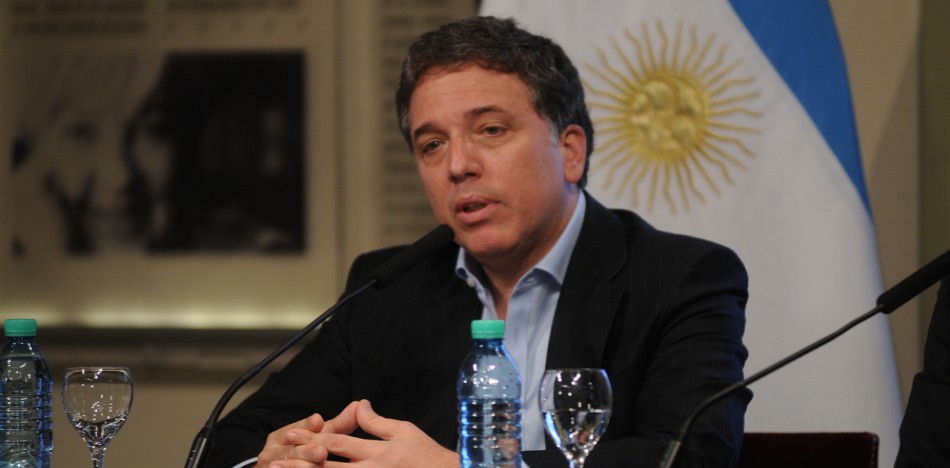
EspañolIn his first press conference after being appointed Minister of Finance of Argentina, Nicolas Dujovne said that one of his main objectives is to lower the fiscal deficit, increase infrastructure spending and reduce taxes.
Dujovne and Luis Caputo will lead the country’s economy after the Ministry of Housing and Finance were divided in two following the resignation Monday of Alfonso Prat Gay per President Mauricio Macri’s request.
“My goal is to continue with the economic program of President Macri,” Dujovne said, adding that the main challenge will be to comply with the 2017 budget approved in the National Congress.
- Read More: Why Air Travel in Latin America is So Expensive
- Read More: Chavismo and Corruption? The Dark Past of LAMIA Airlines
Dujovne said that part of this year’s efforts were aimed at normalizing the economic situation and dismantling the “perverse” way in which the economy operated under Cristina Kirchner. He stressed that from now on, the government will focus “very calmly” on fiscal numbers.
Dujovne highlighted the success officials have had in stopping money laundering.
“It is probable that we will have an improvement in revenues that we had budgeted for in 2017,” he said.
A record US $90 billion has reportedly been raised so far, and US $5 billion was collected for penalties.
“Among the goals that we want to achieve in this first year is that if we have an excess of resources, we dedicate those resources to partially reducing the estimated deficit by 4.2 percent of the GDP” estimated for 2017, he said.
Nevertheless, he clarified: “the expenditure will not undergo any modification of what is prescribed in the budget that was approved by Parliament.”
The finance minister said that with inflation “you do not have to sing victory” because “the process of de-inflation is long and difficult.”
According to the new minister, for the first time, an anti-inflationary policy is being implemented “with a floating exchange rate and a plan to normalize the price of public services.”
“We are not satisfied, we want inflation to be 5 percent annually in three or four years,” he said.
On the dollar, Dujovne said that Argentina currently has an exchange rate that is 15 percent more competitive than it was in 2015.
“Argentina has significantly improved its competitiveness this year,” the official said.
 Versión Español
Versión Español












